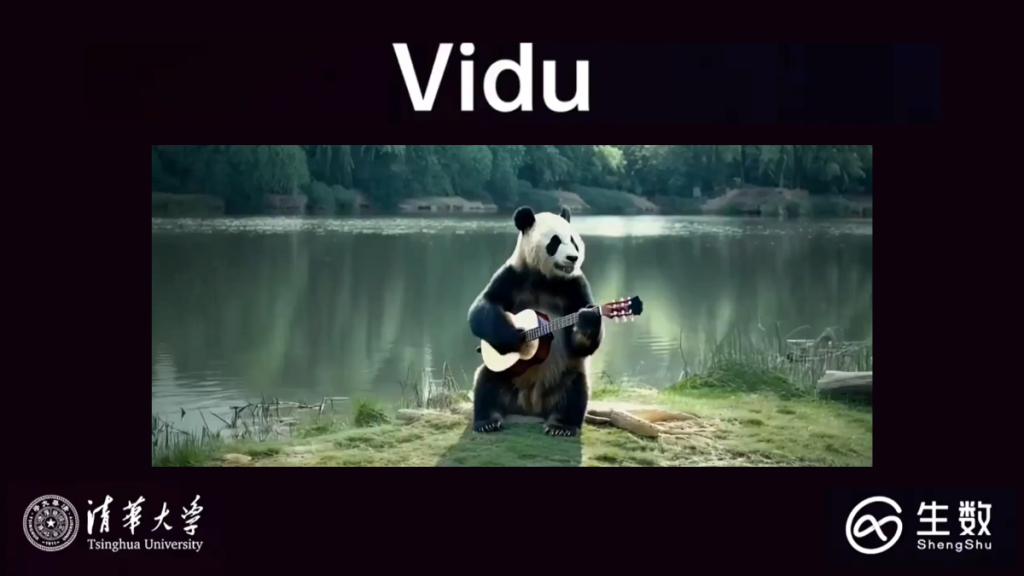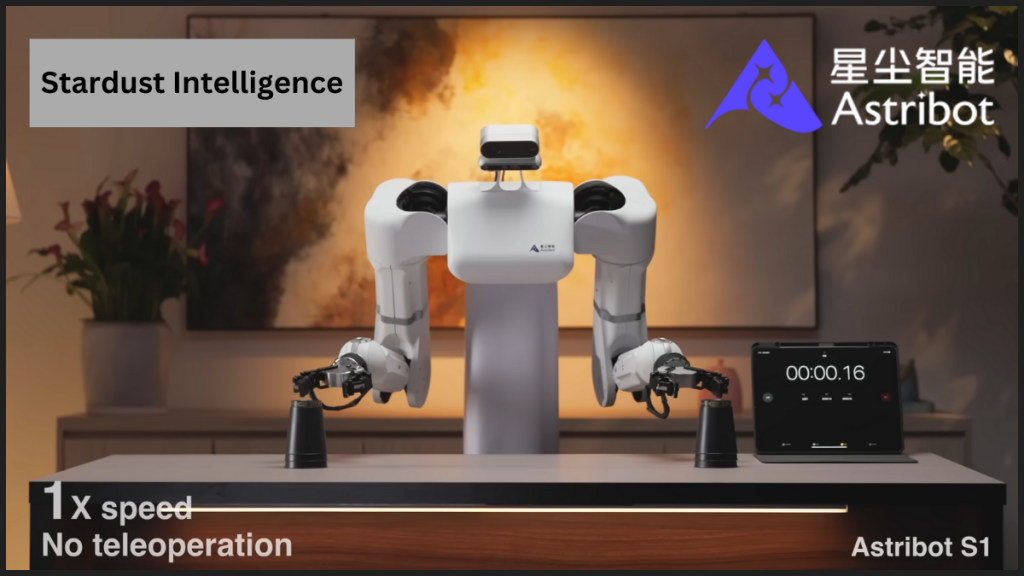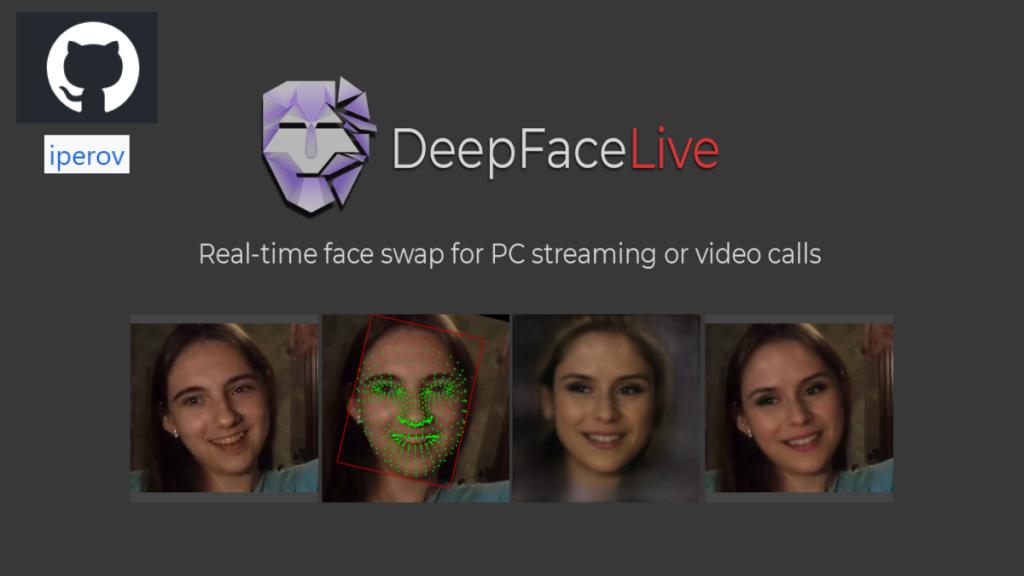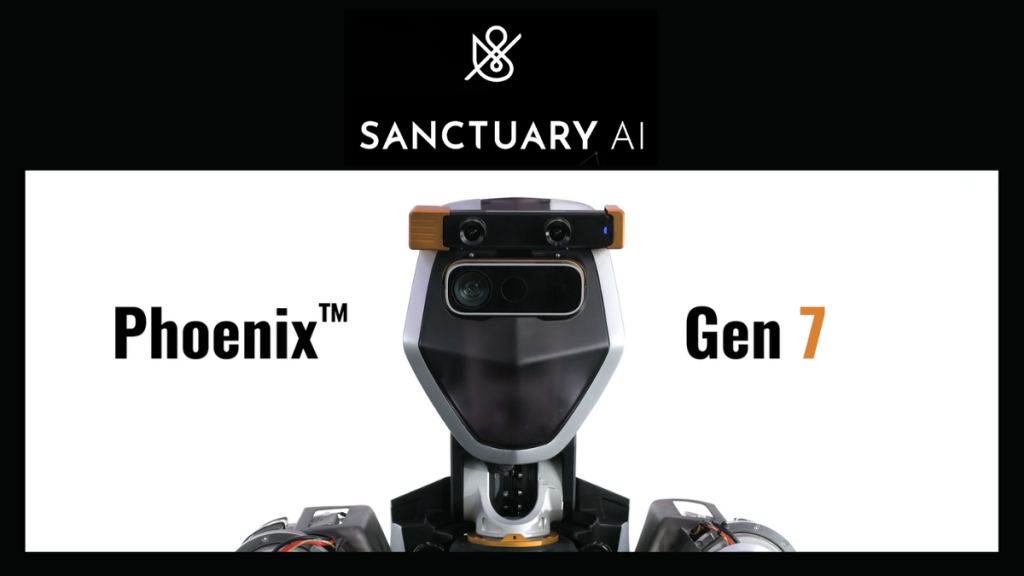In a shocking turn of events, Duolingo, a widely recognized language learning platform, recently implemented a significant operational change that has resulted in the termination of thousands of human translator positions. Instead of employing human translators, Duolingo has opted to rely on artificial intelligence (AI) for translation tasks. This move has sparked controversy and debate in the industry, marking a game-changing decision in the era of AI takeover. In this article, we will delve into the details of Duolingo AI adoption and explore the implications it has for human translators.
Table of Contents
Duolingo Adoption of AI
Duolingo has been a pioneer in leveraging AI in various aspects of its app. As per VentureBeat’s report, Duolingo uses AI in every part of its app, from selecting challenges for practice sessions to deciding which exercises to serve to users based on their progress.
The decision by Duolingo to replace human translators with AI systems is indicative of the broader trend in the tech industry, where AI is increasingly being used to automate various tasks traditionally handled by humans.
AI systems, particularly machine learning models, can process large volumes of data quickly and accurately, making them ideal for tasks such as translation. Moreover, unlike human workers who need rest periods, AI can operate round the clock without breaks. This cost-effectiveness is likely one of the reasons why Duolingo decided to make this switch.
The Controversy Surrounding the AI Takeover
Duolingo’s decision to lay off thousands of human translators and replace them with AI has sparked a heated controversy. Critics argue that this move disregards the value and expertise that human translators bring to the table. Furthermore, concerns regarding job security and the future of the translation profession have been raised, highlighting the potential impact of AI on employment opportunities.
The Impact on Human Translators
The AI takeover at Duolingo has left human translators in a state of uncertainty. Many experienced translators find themselves grappling with the fear of being replaced by machines. Many people took to platforms like Reddit to express their concerns and share their experiences.
One user even shared an email screenshot sent to him by the company, revealing the details of the layoff. This transparency allowed users to witness the magnitude of the decision. The email stated that only two of the four core team members would remain, reviewing AI content to ensure its acceptability.
Some expressed their gratitude to the human translators for their work at Duolingo and sympathized with their situation. However, there are also those who believe that AI will eventually surpass humans in translation capabilities. This sentiment reflects the ongoing debate surrounding the long-term impact of AI on the profession.
The Role of Human Translators
Despite the advancements in AI, human translators still hold a unique value in the translation process. They possess a deep understanding of language nuances, cultural contexts, and the ability to adapt translations to specific target audiences.
While AI algorithms can provide faster and more cost-effective translations, they sacrifice the quality that human translators bring. Handmade translations can also bring a level of authenticity and creativity that AI may struggle to replicate. On the other hand, AI translation can lead to a decline in the natural flow and accuracy.
The Future of Translation in the AI Era
As the translation industry continues to evolve in the AI era, it is essential to consider the role of human translators. While AI technology undoubtedly offers benefits, it is crucial to strike a balance between automation and human expertise.
As AI continues to advance, it’s likely that we’ll see more companies adopting AI for tasks traditionally handled by humans. However, it’s also possible that AI could create new opportunities, opening up new career paths for those willing to adapt and learn new skills.
Conclusion
In conclusion, Duolingo’s decision to replace human translators with AI is a significant development in the era of AI takeover. While it may lead to job losses in the short term, it could also pave the way for new opportunities in the future. As we navigate this new landscape, it’s crucial for individuals and businesses alike to stay informed and adapt accordingly.
| Recent From Us:
- China’s New Text-to-Video Model Vidu is Set to Rival OpenAI Sora
- Are More Ads Coming to YouTube? Pause Ads Test Results Have Google Optimistic
- Meet the Incredibly Fast Astribot S1: The Humanoid Robot That Learns at 1X Speed Without Any Help
- DeepFaceLive Lets You Swap Faces in Real-Time During Video Calls or Live Streaming
- Sanctuary AI’s New Phoenix: Faster Learning, Lower Costs for Humanoid Robotics







